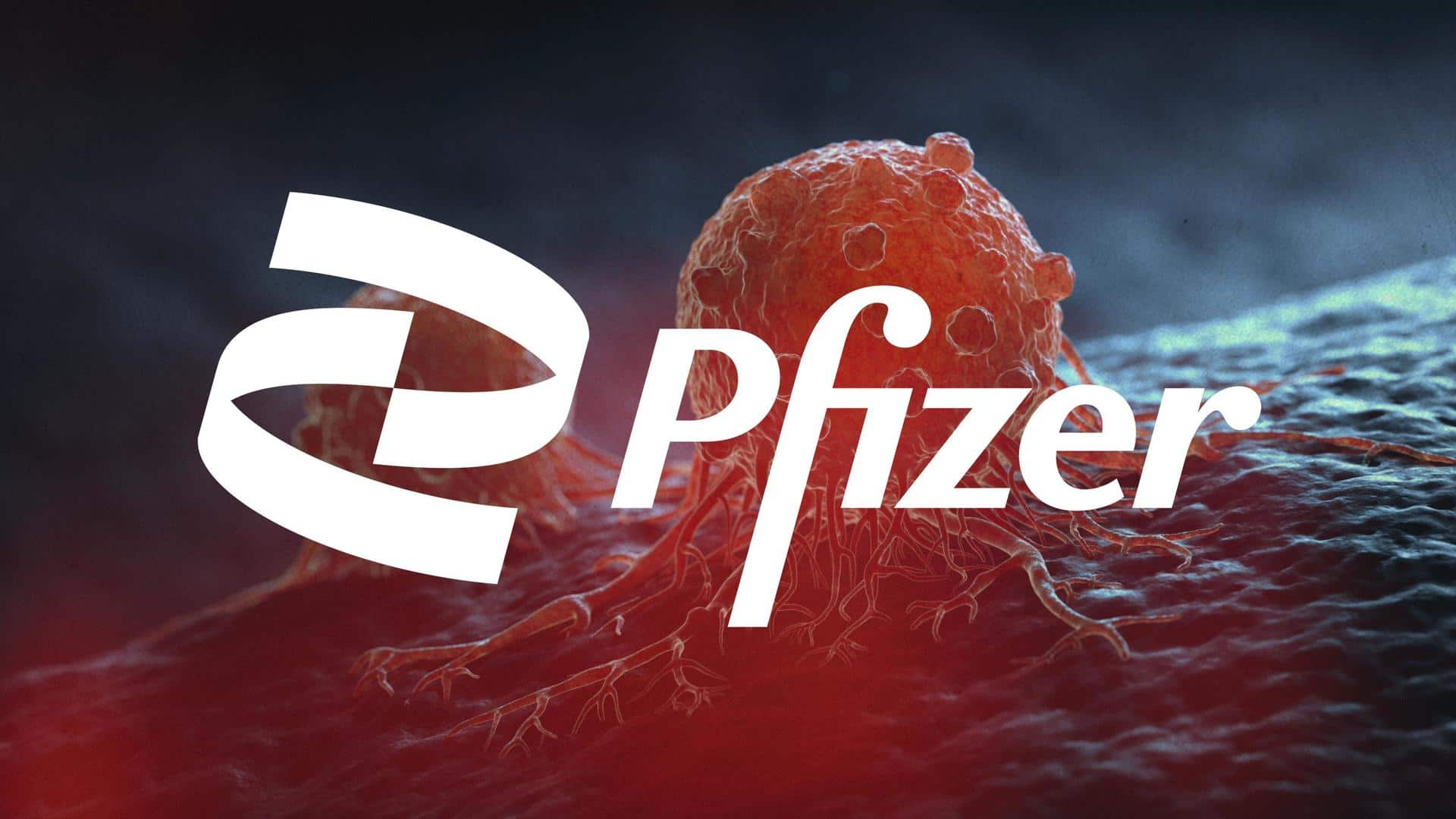
Pfizer acquires Seagen for $43 billion to improve cancer treatments
What's the story
Pfizer has acquired Seagen, a Washington-based biotechnology company, for approximately $43 billion, in an attempt to expand its reach in cancer treatment. The pharmaceutical company is reported to have paid $229 per share. Seagen is expected to generate a revenue of $2.2 billion in 2023 with 12% year-over-year growth from its four in-line medicines, royalties, and collaboration and license agreements.
Context
Why does this story matter?
Pfizer is one of the leading pharma companies in cancer treatments. It logged about $100 billion in total revenue last year, a major part of which came in through the COVID-19 vaccine as well as treatment. With the latest acquisition, the company is all set to expand its portfolio of cancer-related treatments in the coming years.
Details
Seagen specializes in antibody-drug conjugate (ADC)
Seagen, known as Seattle Genetics until 2020, specializes in antibody-drug conjugate (ADC) technology, designed as targeted therapy for the treatment of cancers. Four of the 12 total FDA-approved and marketed ADCs rely on Seagen's technology. With the latest acquisition of Seagen, Pfizer believes the brand could contribute more than $10 billion in risk-adjusted revenues in 2030, with potential significant growth after 2030.
Seagen stats
A look at Seagen's performance in 2022
One of Seagen's best-selling drugs is Adcetris which is used to treat lymph system cancers. The firm recorded $839 million in sales in 2022, 19% more than the previous year. The company also saw sales rise by 33% to $451 million last year for Padcev, which treats urothelial cancer. It has also partnered with Pfizer's Array BioPharma to develop the breast cancer treatment Tukysa.
Official words
The acquisition would help "Pfizer's near- and long-term financial goals"
"Together, Pfizer and Seagen seek to accelerate the next generation of cancer breakthroughs and bring new solutions to patients by combining the power of Seagen's antibody-drug conjugate (ADC) technology with the scale and strength of Pfizer's capabilities and expertise," said Dr. Albert Bourla, Chairman of Pfizer. Bourla added that this acquisition would "contribute meaningfully to the achievement of Pfizer's near- and long-term financial goals."
Pfizer
Pfizer Oncology has 24 approved innovative cancer medicines
Pfizer Oncology has 24 approved innovative cancer medicines, including best-selling treatments for metastatic breast cancer. Through its cancer-related medicines, it generated about $12.1 billion in 2022. Earlier this year, Bourla said that the company is planning on buying products that could increase revenue by $25 billion by 2030. The company is expected to launch 19 new products over the next year and a half.
Information
The deal will be closed around late 2023
Both Pfizer and Seagen expect to close the deal later this year or early 2024, once the required regulatory approvals are obtained. To finance the deal, Pfizer intends to raise $31 billion through debt and the remaining from a combination of short-term financing and cash.